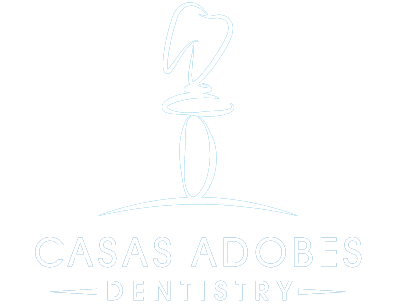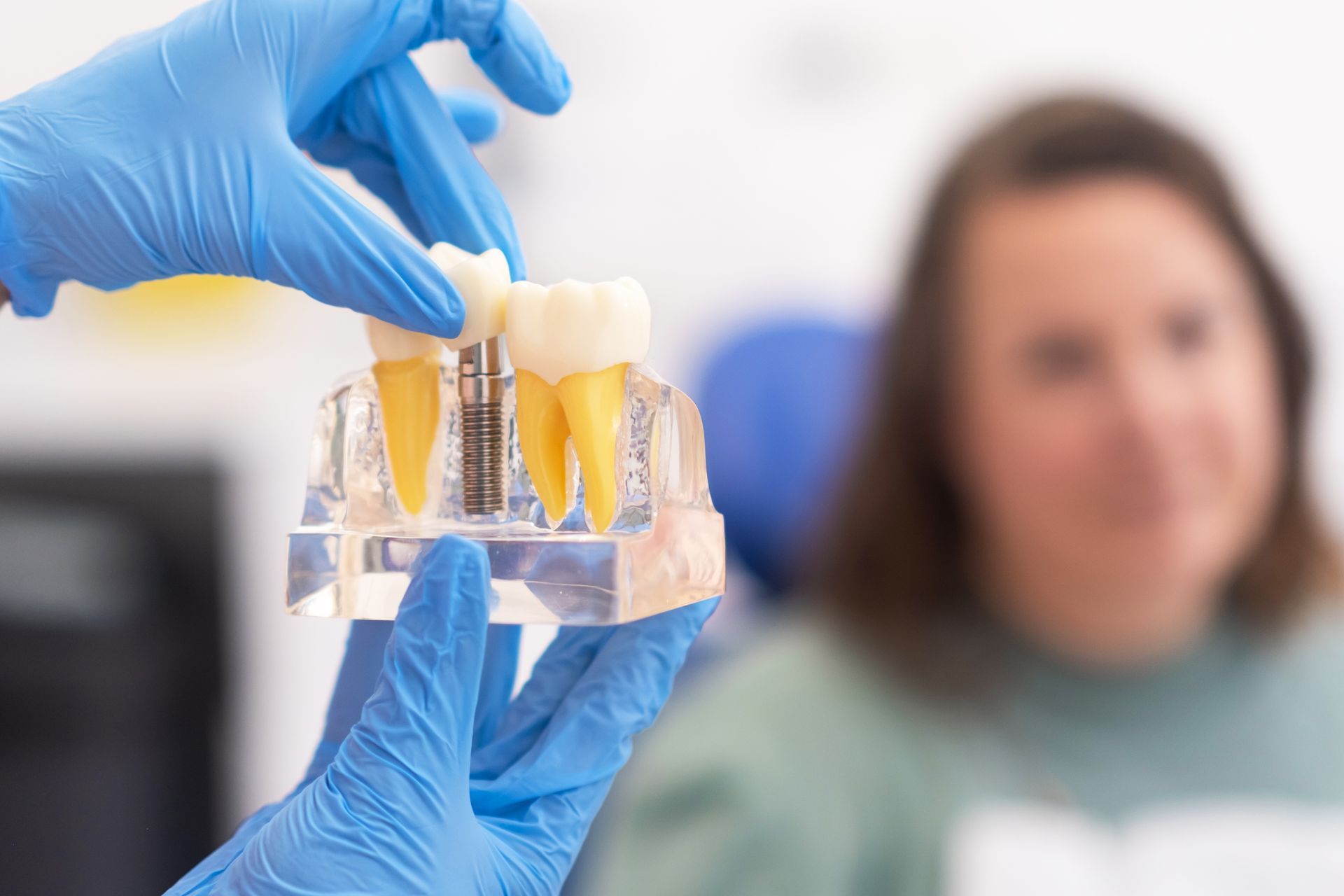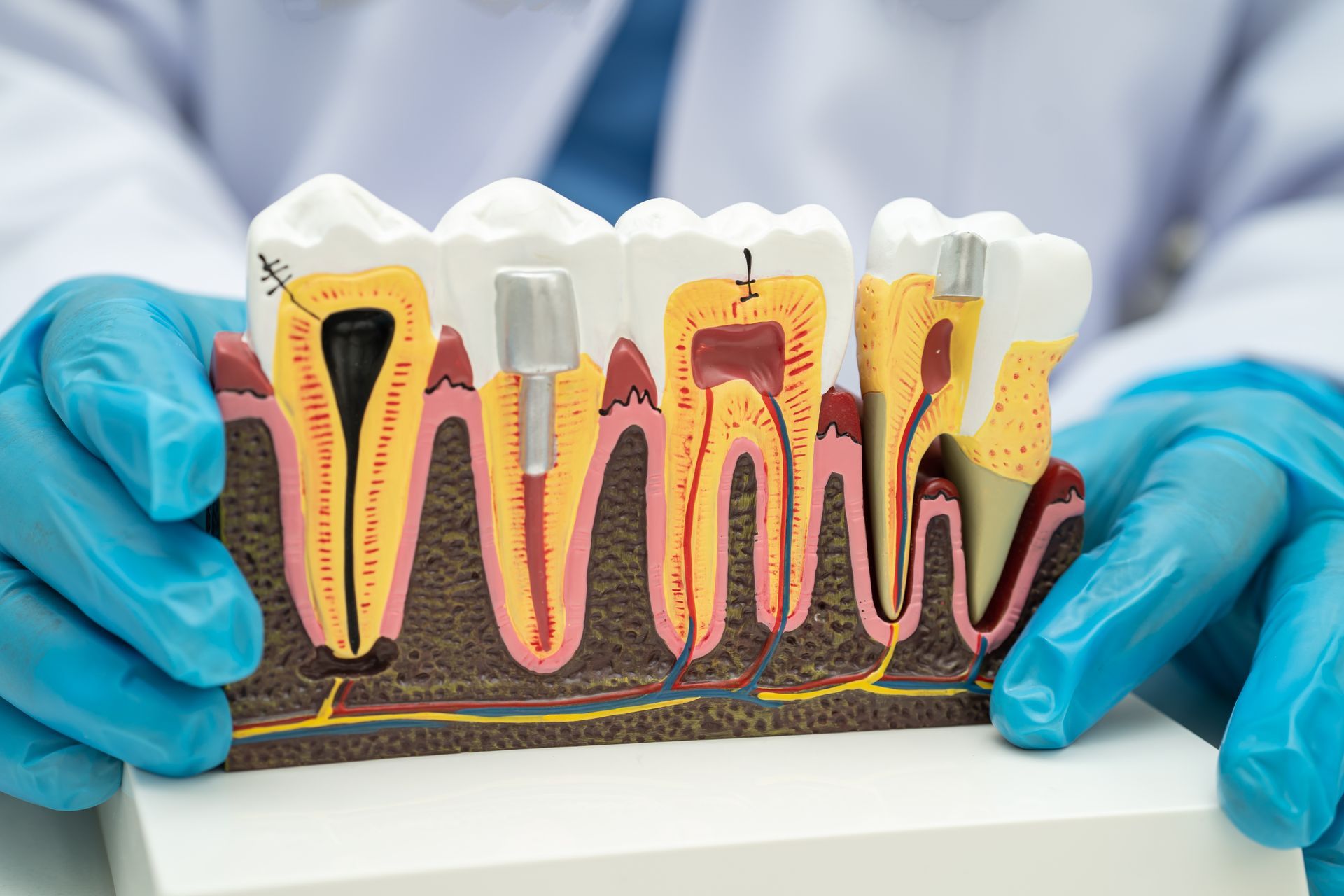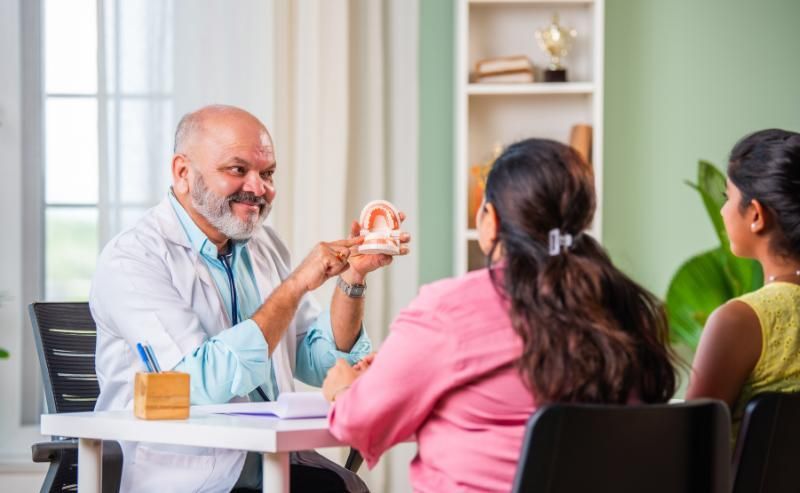Loose Tooth: Should I Visit an Emergency Dentist?

Although a loose tooth is not a serious concern in children, losing a tooth as an adult should prompt a quick trip to the emergency dentist. The dentist needs to examine the tooth regardless of the cause of the situation. In most cases, the dentist can save the tooth if you visit the office immediately.
The main causes of loose teeth
Human teeth are delicate and could come loose for different reasons, typically if there is a problem with the supporting tissues. Common causes include the following.
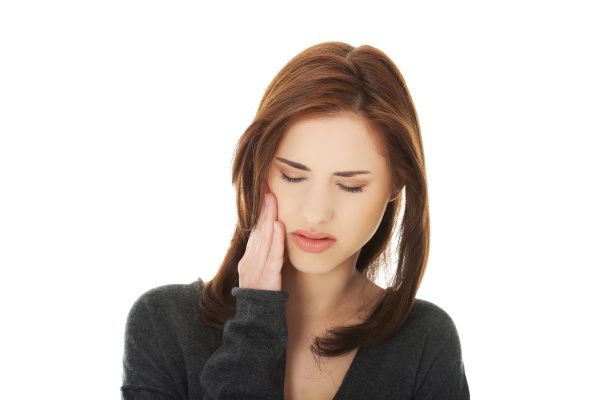
Periodontal disease: Gum disease is the leading cause of tooth loss in the United States. In the advanced stage of gum disease, the gum may slack around the tooth, revealing the root. This may cause damages to the root and loosening and eventually, falling out.
Traumatic tooth injuries: This may include hard falls, sports injuries, auto crashes, getting hit by an object or any impact-related accidents. Traumatic injuries to the teeth can loosen and knock out a tooth, which may cause severe pain and bleeding.
Bruxism: Also called teeth grinding, bruxism typically damages the molars and rear teeth, but its impact can be felt anywhere in the mouth. Repeatedly biting and grinding the tooth against each other can loosen the teeth and can cause complete tooth loss if left unchecked.
Tooth decay: Extensive and untreated tooth decay can reach the tooth root and supporting gum tissues. The infection can cause loose tooth eventually.
Treating a loose tooth
Dental trauma and advanced gum disease are the major causes of a loose tooth. When there is an issue with the teeth, leaving it untreated may lead to other issues. This is why anyone experiencing a dental problem like a loose tooth should visit the emergency dentist as soon as possible. For instance, if the loose tooth eventually comes out and is not replaced, it may allow other teeth to shift and cause malocclusion.
The treatment dentists provide for loose teeth depends on the cause. If the tooth came loose due to traumatic injuries or bruxism, the typical procedure is splinting. Like braces, splints are temporary dental devices that connect to the teeth close to the loose tooth. They will hold the tooth in position while it heals and reattaches with the surrounding gum tissue to ensure a full recovery.
After recovery, the dentist will recommend getting a mouthguard, especially for athletes and people who deal with bruxism to shield the teeth from impact trauma and grinding forces. It is harder to treat loose teeth caused by tooth decay and periodontal disease, because the dentist must first address the underlying disease before recovery can start.
The usual treatment options for gum disease include a deep cleaning to eliminate infected tissue, root planing to reduce bacterial growth and antibiotics to fight infection and inflammation. The dentist may recommend bone grafts for advanced gum disease to clean root pockets or build the bone and for gum reattachment. After treating the infection, the loose tooth should reattach quickly. Dental splints may be used to position the tooth correctly during reattachment.
Final note
If one of your teeth feels loose, you need to visit the emergency dentist immediately for evaluation and treatment.
Request an appointment here: https://www.casasadobesdentistry.com or call Casas Adobes Dentistry at (520) 365-0559 for an appointment in our Tucson office.
